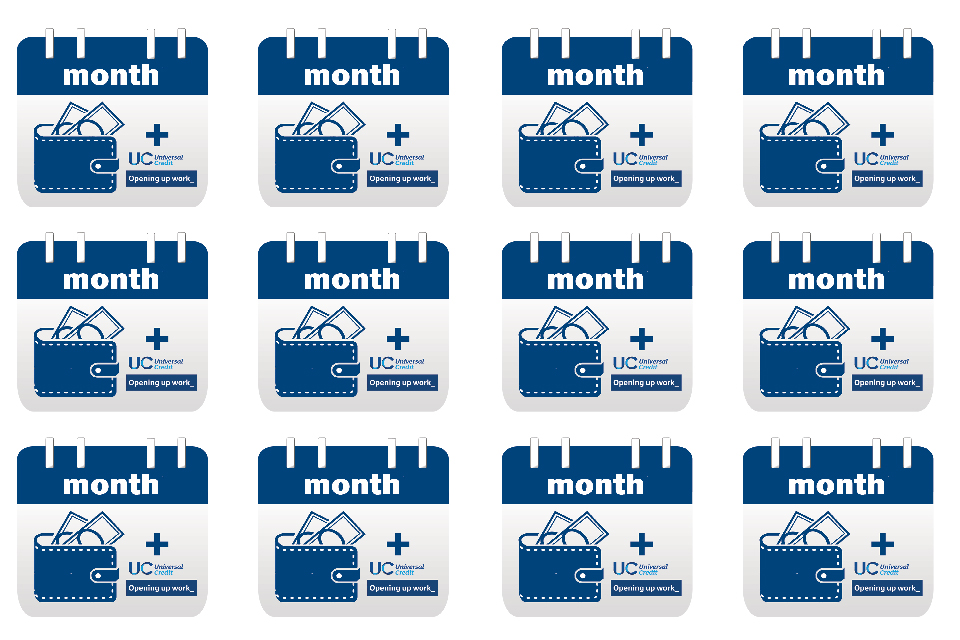The Art Of Breaking Bread With Scholars: Navigating Academic Networking

Table of Contents
Preparing for Academic Networking Events
Attending academic conferences and events is crucial for building your professional network. However, simply showing up isn't enough; strategic preparation is key to maximizing your impact.
Identifying Key Conferences and Events
Before you even think about your elevator pitch, you need to identify the right events to attend. Don't waste time and energy on irrelevant conferences. Focus your efforts on events that offer the best potential for networking with scholars in your field.
- Use online databases: Leverage powerful resources like Web of Science, Scopus, and Google Scholar to find conferences related to your research area. Search for keywords related to your specialization and filter results by year and location.
- Analyze conference websites: Once you've identified potential conferences, delve into their websites. Pay close attention to the speaker lists, abstracts, and overall themes. Are the speakers leading researchers in your field? Do the topics resonate with your research interests? A good fit will enhance your networking opportunities.
- Target specific institutions: If you're aiming for a position at a particular university or research institute, prioritize conferences where faculty from those institutions are likely to attend. This allows for targeted networking with potential mentors or collaborators.
Crafting Your "Elevator Pitch"
Your "elevator pitch" is your concise summary of your research – your academic calling card. It should be engaging, memorable, and tailored to different audiences.
- Highlight key contributions: Focus on the unique aspects of your research and their significance to the broader field. What problem are you solving? What are the implications of your findings?
- Adapt to your audience: Tailor your pitch to the context of the conversation. A brief overview for a poster session will differ from a more detailed explanation during a one-on-one conversation.
- Practice, practice, practice: Rehearse your pitch until it feels natural and confident. Practice delivering it in front of a mirror or with colleagues to receive feedback and refine your delivery.
Setting Realistic Goals
Networking events can be overwhelming, especially if you're attending for the first time. Setting realistic goals prevents feeling disappointed and ensures you make the most of your time.
- Prioritize key individuals: Before attending, identify 3-5 scholars whose work aligns closely with yours. Research their publications and presentations to find common ground for conversation.
- Research shared interests: Knowing something about their work demonstrates respect for their time and creates a natural opening for conversation.
- Set achievable targets: Aim for meaningful interactions rather than collecting as many business cards as possible. A realistic goal might be exchanging contact information with 2-3 individuals, or having brief but insightful conversations with 5-7 people.
Strategies for Effective Interaction at Academic Events
Attending events is only half the battle; effectively interacting with other scholars is where true networking magic happens.
Initiating Conversations
Approaching scholars can be daunting, but a genuine and respectful approach can lead to meaningful connections. Avoid overly assertive tactics; instead, foster a natural and engaging conversation.
- Start with a compliment: Begin by expressing sincere appreciation for their work or a recent presentation. This instantly builds rapport and shows genuine interest.
- Ask open-ended questions: Instead of yes/no questions, pose open-ended questions that encourage them to elaborate on their research or experience.
- Active listening is key: Pay close attention to their responses, ask follow-up questions, and engage actively in the conversation.
Building Rapport and Trust
Meaningful connections are built on mutual respect, shared interests, and genuine enthusiasm. Remember that networking is a two-way street.
- Share your research concisely: Briefly describe your research, focusing on areas that overlap with the scholar's work. Highlight any potential synergies or collaborations.
- Engage in active listening: Show genuine interest in their research and perspectives, asking clarifying questions and engaging in thoughtful discussion.
- Balanced conversation: Avoid dominating the conversation; allow for a balanced exchange of ideas and experiences. Let them share their insights as well.
The Art of the "Academic Meal"
Informal settings, such as lunches, dinners, or coffee breaks, offer unparalleled opportunities to build deeper connections with scholars.
- Mind your manners: Practice good social etiquette, avoid dominating the conversation, and be mindful of others.
- Show genuine interest: Engage in friendly conversation, but keep it professional. Showing interest in their personal lives (within appropriate bounds) can foster rapport.
- Follow up promptly: Send a thank-you note or email after the event, reiterating your appreciation for their time and insights.
Maintaining Connections After the Event
Networking isn't a one-time event; it requires consistent effort to cultivate and maintain relationships.
Following Up
Following up promptly after an event is crucial for solidifying new connections. A personalized email makes a significant difference.
- Timely emails: Send emails within 24-48 hours to maintain the momentum of your conversation.
- Personalization matters: Refer to a specific detail from your discussion to personalize the message. This shows you were truly engaged.
- Offer valuable resources: Share relevant articles, publications, or other resources that might be of interest to them.
Building Long-Term Relationships
Maintaining connections requires ongoing engagement. Don't let your new contacts slip away!
- Stay in touch regularly: Send occasional emails to share updates on your research or relevant news in your field.
- Engage online: Comment on their blog posts, articles, or social media updates to show continued interest.
- Explore collaborations: Propose collaborations on future projects, workshops, or publications.
Conclusion
Mastering the art of academic networking, including "breaking bread" with fellow scholars, is crucial for career advancement. By preparing thoroughly, engaging effectively, and maintaining connections, you can build a strong network that supports your academic goals. Remember that genuine engagement, mutual respect, and consistent effort are key to establishing meaningful relationships within the scholarly community. Start building your network today—the benefits of effective academic networking are immeasurable. Don't wait to begin mastering the art of breaking bread with scholars!

Featured Posts
-
 Check Your Universal Credit Entitlement Potential Back Payments
May 08, 2025
Check Your Universal Credit Entitlement Potential Back Payments
May 08, 2025 -
 Washington And Ottawa Progress In Bilateral Trade Discussions
May 08, 2025
Washington And Ottawa Progress In Bilateral Trade Discussions
May 08, 2025 -
 Ai Powered Podcast Creation Turning Repetitive Scatological Documents Into Engaging Content
May 08, 2025
Ai Powered Podcast Creation Turning Repetitive Scatological Documents Into Engaging Content
May 08, 2025 -
 Bitcoin Maas Oedemeleri Brezilya Da Yeni Bir Doenem
May 08, 2025
Bitcoin Maas Oedemeleri Brezilya Da Yeni Bir Doenem
May 08, 2025 -
 The Rise Of Misinformation And The Need For Reliable Crypto News
May 08, 2025
The Rise Of Misinformation And The Need For Reliable Crypto News
May 08, 2025
Latest Posts
-
 Hl Fqd Barbwza Asnanh Fy Merkt Marakana Alhqyqt Alkamlt
May 09, 2025
Hl Fqd Barbwza Asnanh Fy Merkt Marakana Alhqyqt Alkamlt
May 09, 2025 -
 Ma Hdth Lbarbwza Fy Marakana Fqdan Alasnan Wtdaeyat Almerkt
May 09, 2025
Ma Hdth Lbarbwza Fy Marakana Fqdan Alasnan Wtdaeyat Almerkt
May 09, 2025 -
 Fqdan Alasnan Fy Marakana Tfasyl Isabt Barbwza
May 09, 2025
Fqdan Alasnan Fy Marakana Tfasyl Isabt Barbwza
May 09, 2025 -
 Barbwza Wmarakana Qst Khsart Alasnan Fy Nzal Tarykhy
May 09, 2025
Barbwza Wmarakana Qst Khsart Alasnan Fy Nzal Tarykhy
May 09, 2025 -
 Alswrt Alkamlt Lmerkt Marakana Isabt Barbwza Bfqdan Alasnan
May 09, 2025
Alswrt Alkamlt Lmerkt Marakana Isabt Barbwza Bfqdan Alasnan
May 09, 2025
